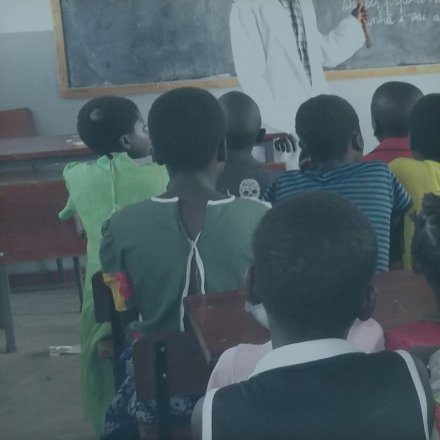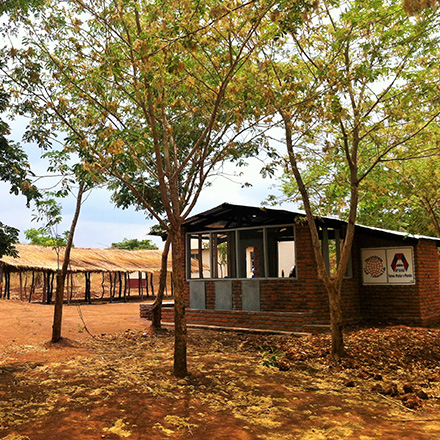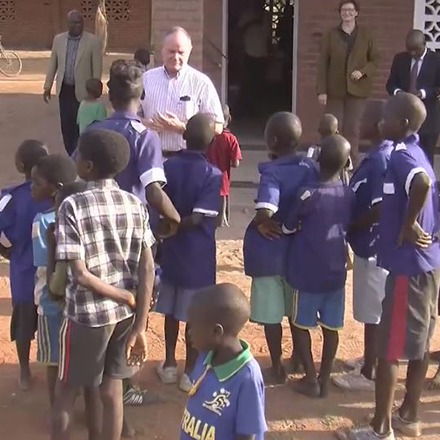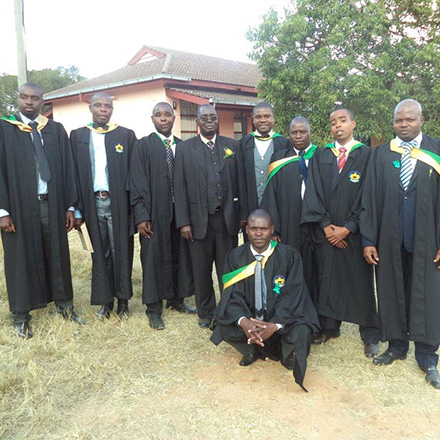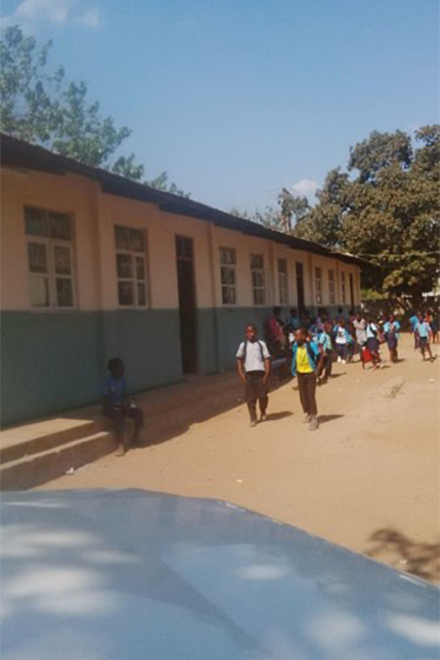Our field technicians are the first point of contact for our subsidiaries in the rural areas of Africa where we operate. Each of our subsidiaries makes plans for development based on the input we receive from our employees. Because our technicians visit the fields daily, they are best able to identify the needs in the rural communities and report them to the head offices.
Mozambique Leaf Tobacco Limitada (MLT) has worked diligently to rehabilitate older schools as well as construct new schools where needed. MLT recently built Cawere School in the Macanga District; Muembe School in the Muembe District; and Marrupa School in the Niassa Province.
We also successfully rehabilitated Josina Machel Primary School in Cuamba town; Mpadue Primary School in Tete town; Domue School in Domue in the Angonia District; and Nkhanta School. These schools now benefit from higher standards.
MLT has also implemented a program in which we donate school kits to needy pupils. Not only does this help with their education, but we also found that it boosts the morale of their parents, many of whom are employed by MLT. This indirectly improves company production.
To nourish the spirit of nature conservation at these schools, we encouraged students to plant trees on World Environmental Day. We discussed the importance of having trees for the environment as well as for the future provision of wood for desks and paper needed for text books.




